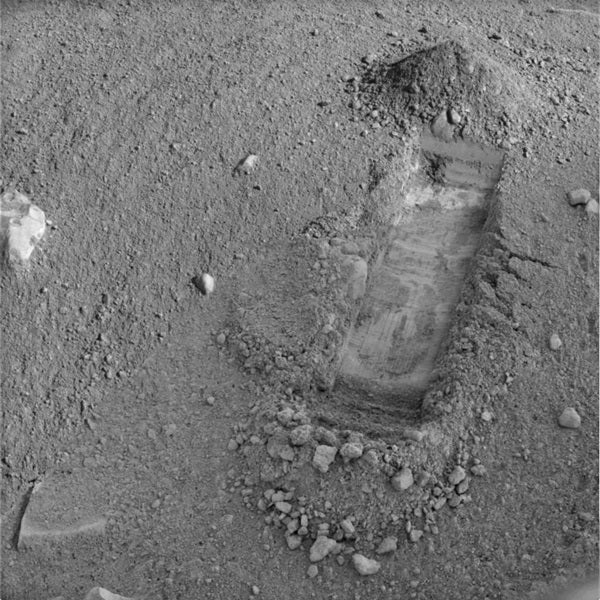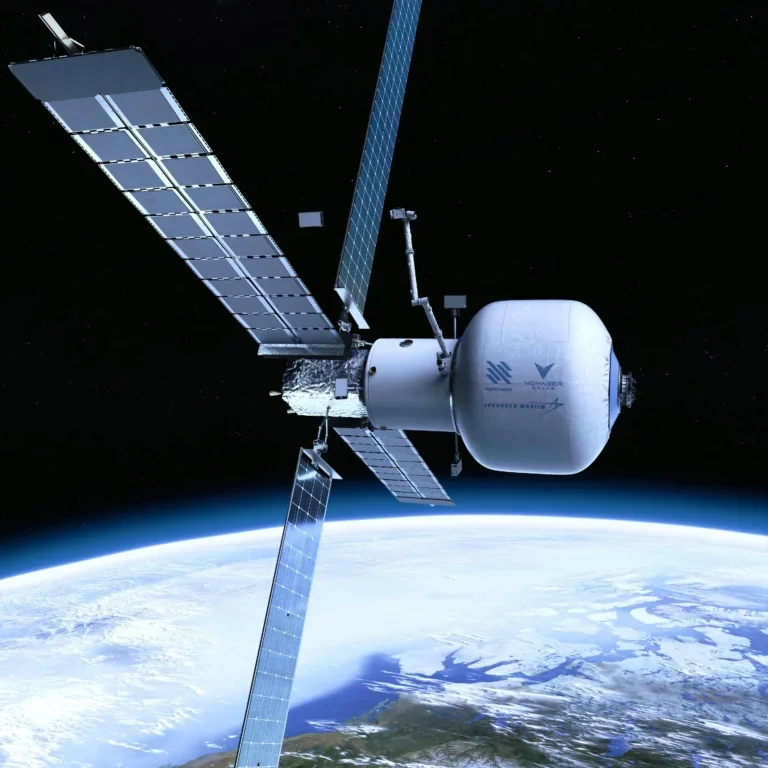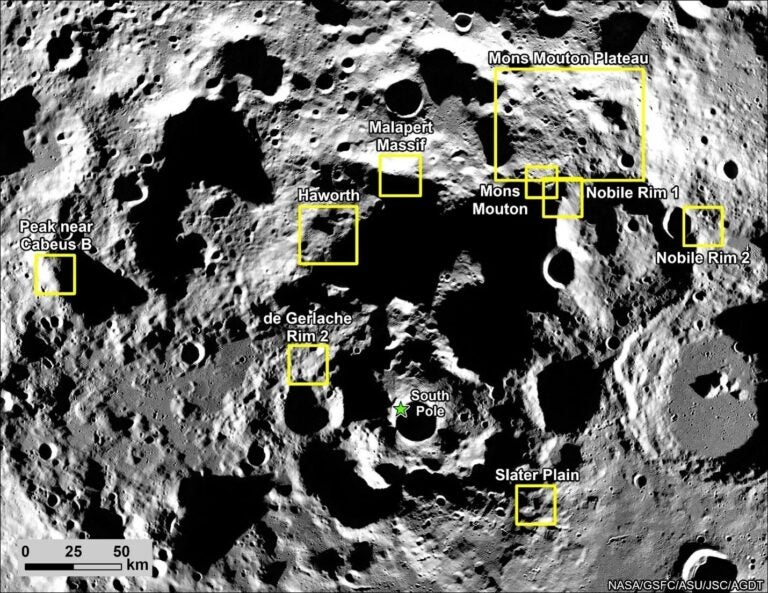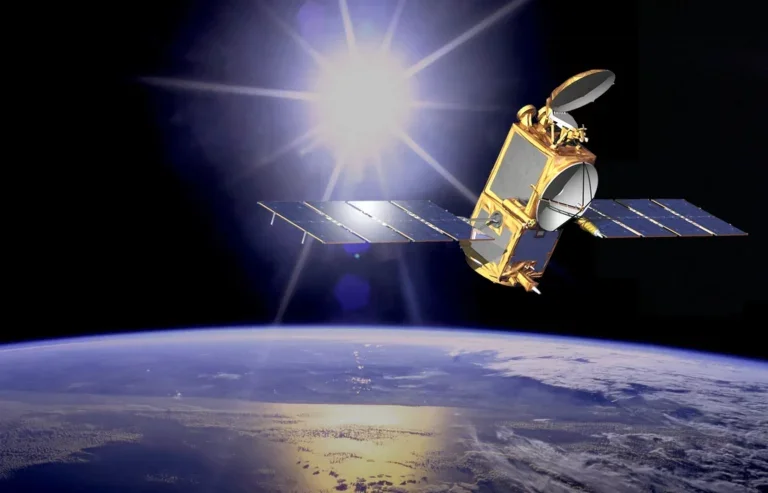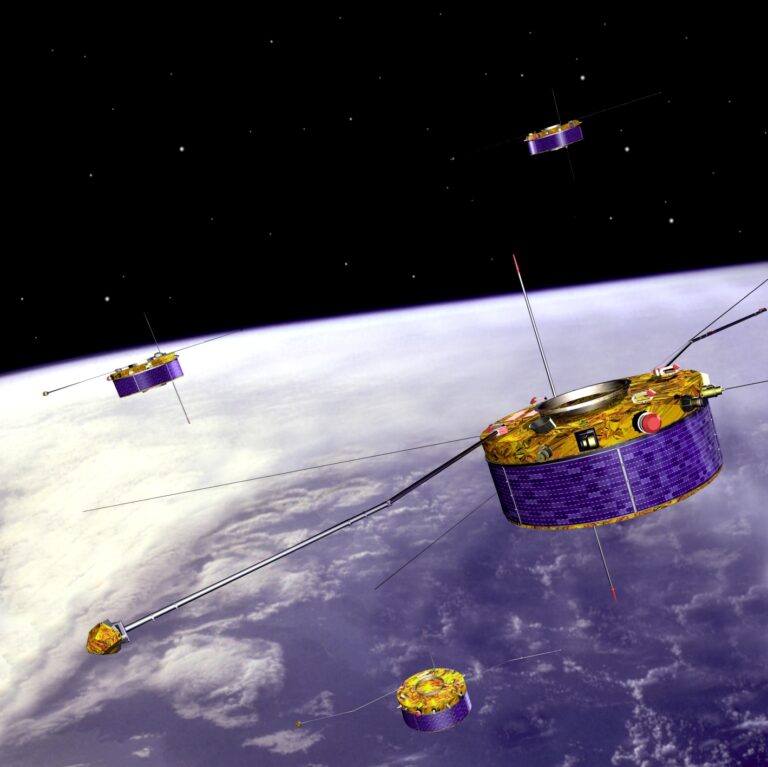NASA’s Phoenix Mars Lander began digging in an area called Wonderland early Tuesday, taking its first scoop of soil from a polygonal surface feature within the “national park” region that mission scientists have been preserving for science.
The lander’s Robotic Arm created the new test trench called Snow White on June 17, the 22nd Martian day, or sol, after the Phoenix spacecraft landed on May 25. Newly planned science activities will resume no earlier than Sol 24 as engineers look into how the spacecraft is handling larger than expected amounts of data.
During Tuesday’s dig, the arm didn’t reach the hard white material, possibly ice, that Phoenix exposed previously in the first trench it dug into the martian soil.
That’s just what scientists both expected and wanted. The Snow White trench is near the center of a relatively flat hummock, or polygon, named Cheshire Cat, where scientists predict there will be more soil layers or thicker soil above possible white material.
The Snow White trench is about two centimeters deep and 30 centimeters long. The Phoenix team plans at least one more day of digging deeper into the Snow White trench.
They will study soil structure in the Snow White trench to decide at what depths they will collect samples from a future trench planned for the center of the polygon.
Meanwhile, the Thermal and Evolved-Gas Analyzer (TEGA) instrument continues its ongoing experiment in the first of its eight ovens.
TEGA has eight separate tiny ovens to bake and sniff the soil to look for volatile ingredients, such as water. The baking is performed at three different temperature ranges.

